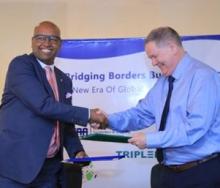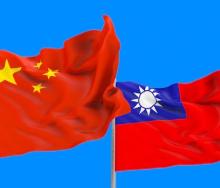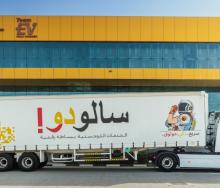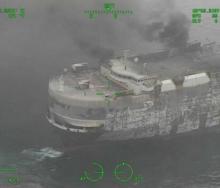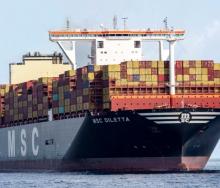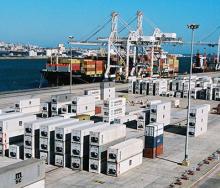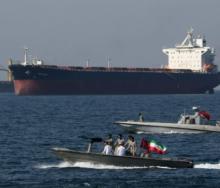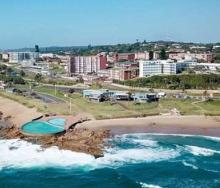An academic from the University of Stellenbosch had to answer some tough questions about the African Continental Free Trade Area (AfCFTA) during the Road Freight Association’s annual convention held outside Winterton in the central Drakensberg over the weekend.
For the most part, law professor Oliver Ruppel focused on the much-punted aspects of free trade across the continent, basing his presentation on a single question: “Are you ready for the potential growth in business?”
Underscoring his faith in the free trade area’s potential, Ruppel reminded the delegates why the AfCFTA was such a big deal – quite literally.
Comprising 55 countries, representing 1.3 billion people, with a projected GDP yield of $3 trillion, the world’s biggest trading bloc could become the economic panacea to Africa’s poverty, if it’s properly implemented – and it’s a big “if”.
When Ruppel was asked where the AfCFTA was in terms of real implementation, he was necessarily vague.
“Real implementation goes in phases, it’s not an all or nothing situation. It develops, and obviously the negotiation phases are still ongoing - and everything was also slightly delayed due to Covid-19. In terms of goods we will be pretty much on track.”
Conference MC Leanne Manas received a number of related questions via interactive presentation programme, Mentimeter, which she duly used to get a time-specific answer from the good prof.
Ruppel though wasn’t going to be pinned down.
Rather he used the opportunity to reiterate to delegates that Africa’s cross-border road freight industry would be the great enabler of the AfCFTA.
“I don’t have a sense of timing. I know that it is the big question, but you guys also have lobbying power. Implementation should not be a one-sided process. It is a process that is top down but it can be propelled bottom up as well.”
Of course it’s fair to say that transporters and related interests should become more involved, but it’s another thing altogether when freight flow frustrations exist on the ground.
Take for example Chirundu, an established One-Stop Border Post (OSBP) between Zambia and Zimbabwe that regularly fails, resulting in backlogs and days-long delays of cargo transits.
The question posed to Ruppel was: “Is this OSBP not an ill omen for the AfCFTA?”
His answer: “Of course there are some very unfortunate developments and these of course are due to national decision-making processes which are not naturally in the interests of the AfCFTA, but more in the national interest.”
Mention of Chirundu and the queues trucks often have to endure on the north-south line from the Port of Durban gave rise to the other question Ruppel had to answer: “The growth of commerce could be dramatically boosted by this free trade agreement, but the free flow of logistics is key to that growth. Currently borders are congested. Will this Africa free trade process address this?”
Ever the optimist when it comes to the AfCTFA, he said: “I definitely think it will. This is of course a huge obstacle. I see those waiting times, all these schleps, the administrative hurdles, and corruption linked to staff shortages. Put Covid-19 on top and it worsens everything. But it is also a question of time and it’s also a democratic process - and the more the deficiencies are pointed out and brought to the attention of the general public, the sooner they will receive the necessary attention because this is the major obstacle in free trade movement.”
Before Ruppel was let off the hook he was asked one more question: “Market liberalisation has been challenging intra-regionally, particularly because of differences in languages and disparities in regulatory regimes. How do you propose we circumvent these challenges?”
In his view regimes will be gradually harmonised.
He said there were tools where you could get more information on these issues.
It’s not clear whether he was referring to the ‘tools’ working at certain government organisations who are never there when the road freight industry wants assistance.
One such organisation is the Cross-Border Road Transport Association (C-BRTA), apparently only good for collecting border tariffs.
As for the free trade area’s rollout, Ruppel concluded by suggesting that over-border hauliers should be patient with issues such as language diversity and information pertaining to the AfCFTA.
“Trade liberalisation takes time but will in the end come up with solutions that will respond to those questions because in this case it’s not about language diversity. It’s about getting the best possible message across so that most people can understand it wherever they are.”

